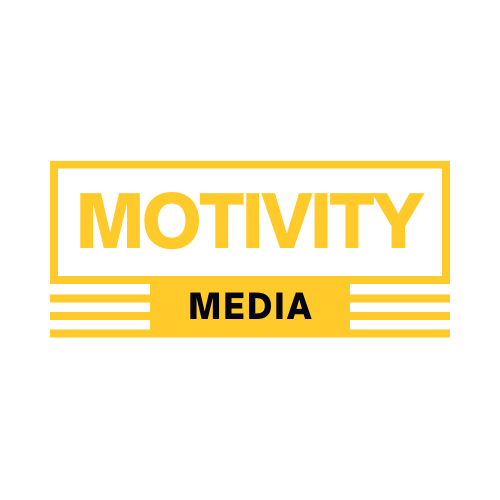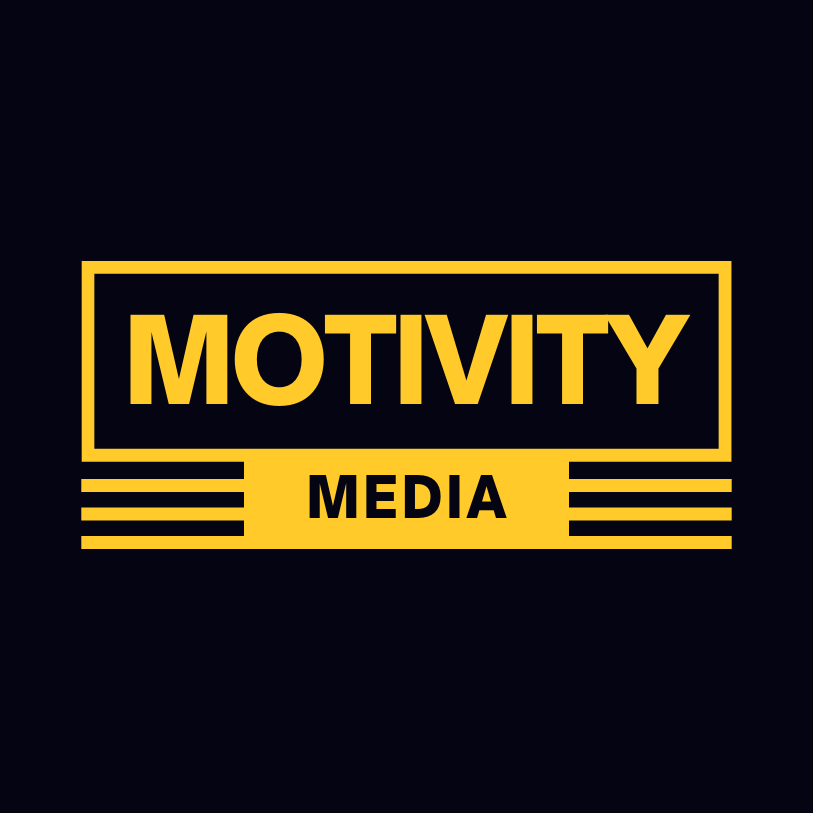Pay Attention
In our fast-paced world, reflection is often seen as the pinnacle of personal development. We're bombarded with self-help articles urging us to "spend time reflecting" and "journal our thoughts." While reflection is undeniably valuable, it can only take us so far without a strong foundation of observation. Observation, the act of keenly noticing the world around us, is the often-overlooked first step to growth and adaptation. To grow in life, we must pay attention.
Imagine trying to solve a puzzle without looking at the pieces. You're missing crucial information without observing the pieces themselves, their shapes, colors, and potential connections. You cannot assemble the components so that the whole picture comes into view.
Observation is the fuel for reflection. By attentively absorbing details about our experiences, interactions, and environments, we gather the raw materials for meaningful reflection. We notice a colleague struggling with a task, a child withdrawn at playtime, or a pattern in our emotional responses to certain situations. These observations become the starting point for reflection, which is the precursor to personal growth.
Here's how observation empowers our reflection:
Provides Context: Reflection without context can lead to misinterpretations. Observing the bigger picture allows us to understand the "why" behind our experiences. Was that colleague stressed because of an upcoming deadline, or is there a deeper issue?
Sparks New Questions: Keen observation sparks curiosity. We ask questions about what we see, leading to a deeper understanding of ourselves and the world around us. Why did a colleague react emotionally to an unemotional event? What triggers my emotional response in this situation?
Identifies Patterns: Over time, observation allows us to identify patterns in our behavior, the behavior of others, and in situations. This self-awareness is crucial for growth and adaptation.
Here are 4 ways we can pay attention to what matters:
Practice Active Listening: Pay close attention to what people are saying verbally and nonverbally. Notice their body language, tone of voice, and emotional cues.
Engage Your Senses: Don't just walk through life on autopilot. Savor the sights, sounds, smells, and textures of your surroundings.
Ask Questions: Curiosity is critical. Don't be afraid to ask questions to clarify your observations and gain a better understanding.
Keep a Journal (of Observations): Jot down details you notice throughout the day. This can be a springboard for later reflection or a way to train your brain to be more observant.
Observation is a skill that strengthens with practice. By sharpening our sight of the world, we gather the raw materials for meaningful reflection, ultimately fueling growth and adaptation in our ever-changing lives.

